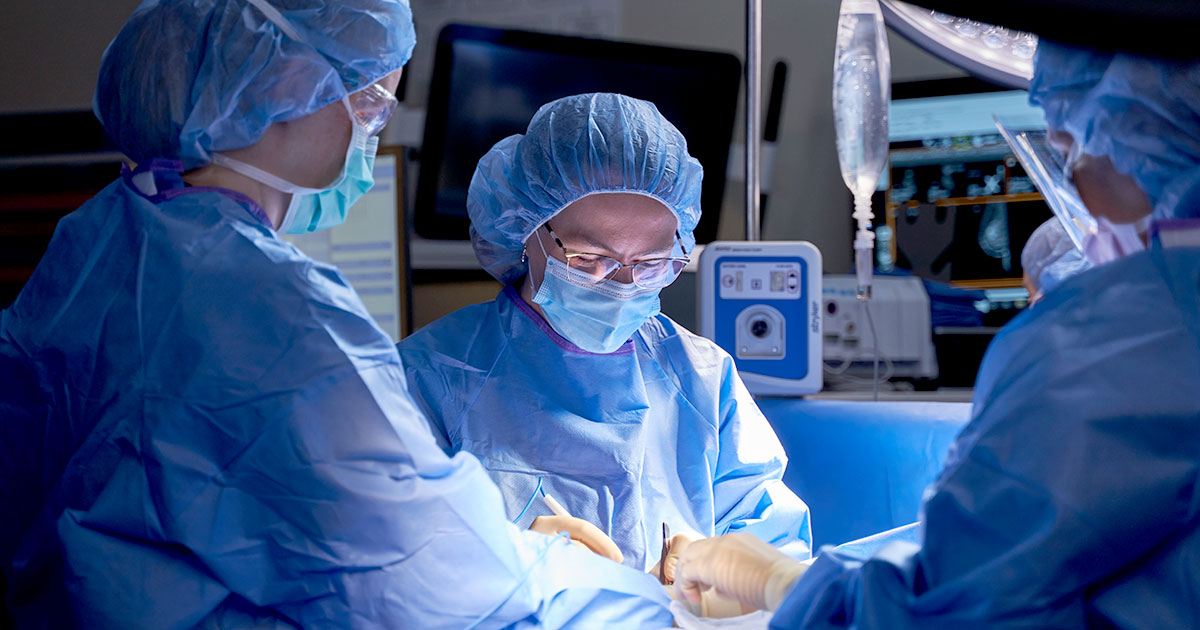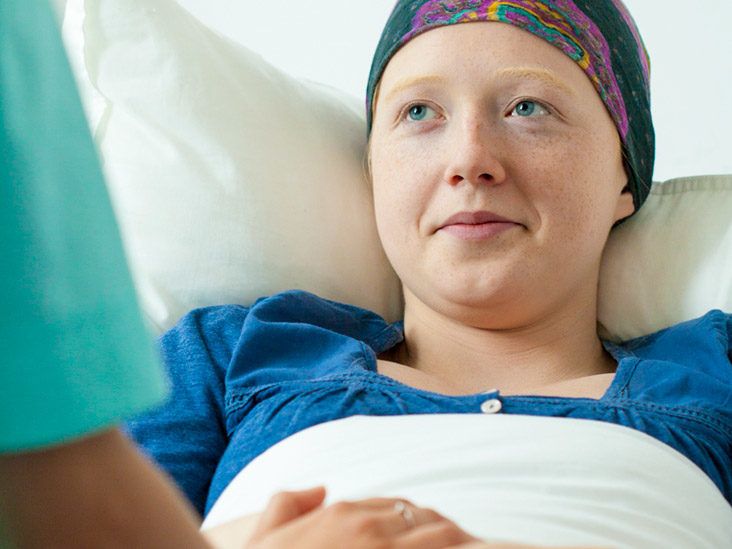Is Stage 1 Cancer Curable
Yes, stage 1 cancer is often curable, especially if it is detected early and appropriate treatment is initiated. The prognosis for stage 1 cancer varies depending on the type and location of the cancer, but many cases can be successfully treated through surgery, radiation therapy, chemotherapy, targeted therapy, or a combination of these treatments.
It’s important for individuals diagnosed with stage 1 cancer to work closely with their healthcare team to develop a personalized treatment plan and to undergo regular follow-up care to monitor for any signs of recurrence. Early detection and prompt treatment are key factors in improving the chances of a cure for stage 1 cancer. Read about Can I Live Normal With Cancer
Understanding Stage 1 Cancer
Stage 1 cancer refers to the early stage of the disease, where cancer cells are confined to the organ of origin and haven’t spread to nearby tissues or organs. This stage is often characterized by smaller tumor size and localized presence. Understanding the nature of stage 1 cancer is crucial in determining its prognosis and treatment options.
Treatment Options
Fortunately, the early stage of cancer provides a window of opportunity for effective treatment. Depending on the type and location of cancer, treatment options for stage 1 cancer typically include surgery, radiation therapy, chemotherapy, and immunotherapy.
Surgery
Surgery involves the removal of the tumor and surrounding tissues to prevent the spread of cancer cells. It’s often the primary treatment for stage 1 cancers that are localized and operable. Discover about Can Laser Hair Removal Cause Cancer

Radiation Therapy
Radiation therapy uses high-energy rays to target and destroy cancer cells. It can be used as a standalone treatment or in combination with surgery or chemotherapy to improve outcomes for stage 1 cancer patients.
Chemotherapy
Chemotherapy involves the use of powerful drugs to kill cancer cells or inhibit their growth. While traditionally associated with advanced stages of cancer, chemotherapy may also be prescribed for stage 1 cases, particularly if there’s a high risk of recurrence.
Immunotherapy
Immunotherapy works by harnessing the body’s immune system to identify and attack cancer cells. It has shown promising results in treating various types of cancer, including stage 1 cases, by boosting the body’s natural defenses against the disease.
Prognosis and Survival Rates
The prognosis for stage 1 cancer depends on several factors, including the type of cancer, its location, and the overall health of the patient. Generally, the prognosis for stage 1 cancer is more favorable compared to later stages, with higher survival rates and better treatment outcomes.
Early Detection and Prevention
Early detection plays a pivotal role in improving the prognosis for stage 1 cancer. Regular screenings and health check-ups can help detect cancer at an early stage when treatment is most effective. Additionally, adopting a healthy lifestyle, including maintaining a balanced diet, regular exercise, avoiding tobacco and excessive alcohol consumption, and managing stress, can reduce the risk of developing cancer.
Support and Resources
Facing a cancer diagnosis, even at an early stage, can be overwhelming. Fortunately, there are numerous support groups, counseling services, and resources available to assist patients and their families throughout their cancer journey. From emotional support to financial assistance, these resources can provide much-needed help and guidance during a challenging time.

Conclusion
In conclusion, while a diagnosis of stage 1 cancer may evoke fear and uncertainty, it’s essential to remember that it’s often highly treatable and potentially curable. With advancements in medical technology and a comprehensive approach to treatment, many individuals diagnosed with stage 1 cancer can overcome the disease and lead fulfilling lives. By prioritizing early detection, embracing preventive measures, and seeking support when needed, individuals can take proactive steps towards better health and well-being.
FAQs
- How is stage 1 cancer different from other stages?
- Stage 1 cancer is characterized by the localized presence of cancer cells within the organ of origin, whereas later stages involve the spread of cancer to nearby tissues or organs.
- What are the survival rates for stage 1 cancer?
- Survival rates for stage 1 cancer vary depending on the type and location of cancer, but they are generally higher compared to later stages, with many patients achieving long-term remission.
- Can stage 1 cancer come back after treatment?
- While treatment for stage 1 cancer aims to eradicate cancer cells, there’s always a risk of recurrence. Regular follow-up appointments and screenings are essential to monitor for any signs of recurrence.
- Are there any side effects of treatment for stage 1 cancer?
- Treatment for stage 1 cancer, such as surgery, radiation therapy, and chemotherapy, may cause side effects, including fatigue, nausea, hair loss, and changes in appetite. However, these side effects are often temporary and can be managed with proper medical care.
- What can I do to reduce my risk of developing stage 1 cancer?
- Adopting a healthy lifestyle, including maintaining a balanced diet, exercising regularly, avoiding tobacco and excessive alcohol consumption, and undergoing regular screenings, can help reduce the risk of developing cancer, including stage 1 cancer.
